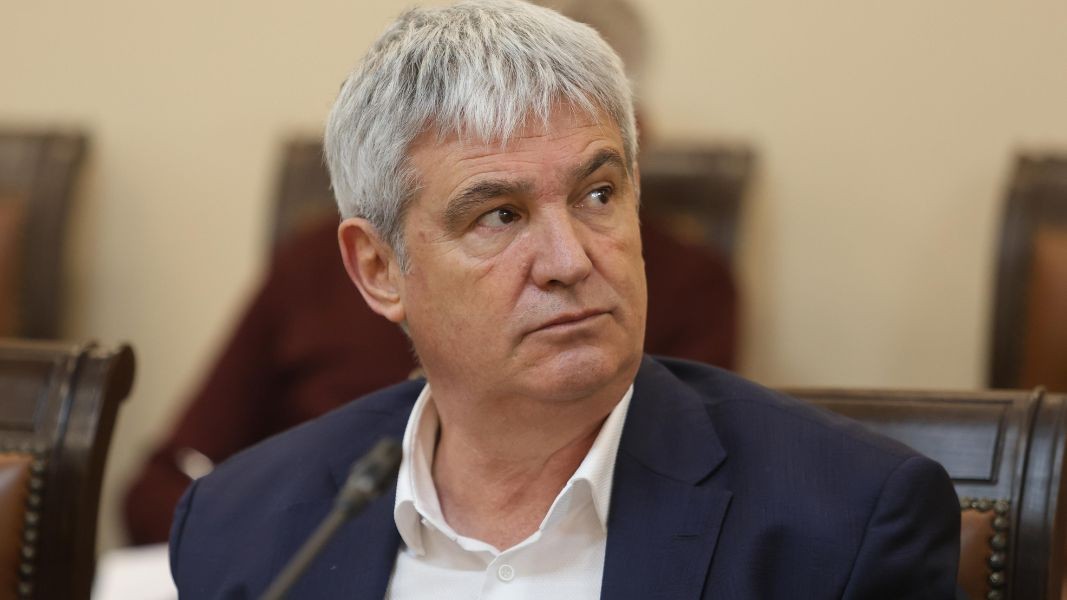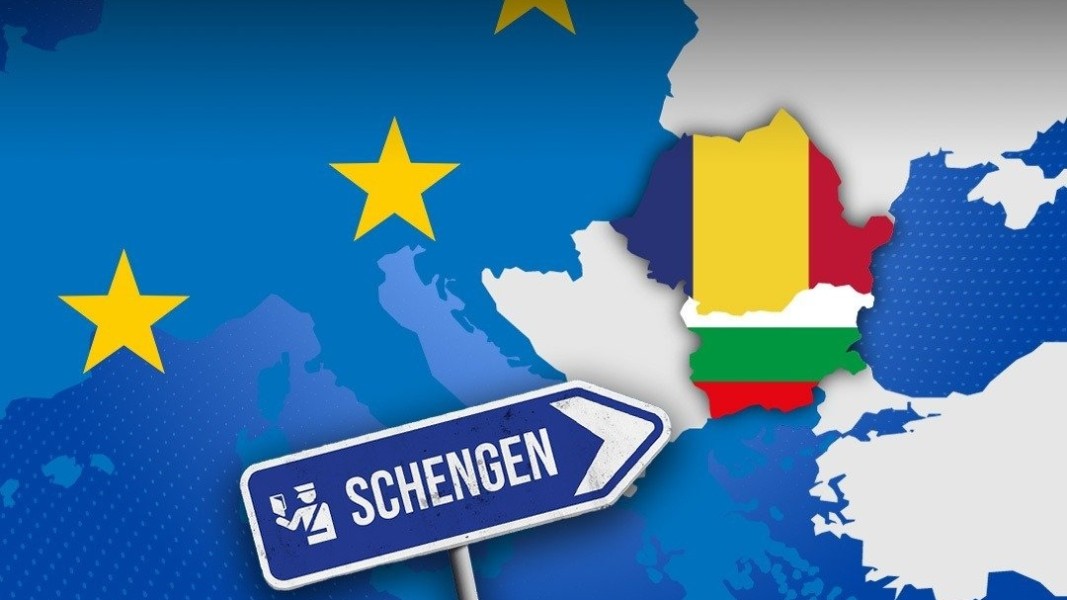The National Assembly postponed the discussion and voting of the most important fiscal law of the land – the national budget for 2025 – for next year. “If we do not have an approved budget by 19 January, then everything in the country will grind to a halt. Everything – schools, hospitals, everything that is financed by the state budget,” Confederation of Independent Trade Unions experts said a week ago.
“Not to have a budget – is that what we want?” asks trade union leader Plamen Dimitrov. “Even the minimum wage is not guaranteed without financing and there will be absolute chaos in the country. I don’t know if anyone is going to take responsibility for something like this, especially with the likelihood of the country heading towards one more snap election. That is what the people who say we don’t need a budget have to explain but – what other alternative do they see then?”
The country will be able to function normally even if it doesn’t have an approved budget, and the size of the basic payments will remain the same, as will the financial stability, yet there is a risk of unpredictability of the economic environment, say experts from the Institute for Market Economics. 
“Still, the negative scenario the trade unions have been painting does not seem very probable. But the protests that have been breaking out in different sectors are because of the way that the state has been drafting fiscal policy,” says Adrian Nikolov, senior economist at the Institute for Market Economics.
It is difficult to discuss economic priorities and the stability of the country against the backdrop of the continuing political crisis and the fact there is no regular government. “On the other hand, the international situation continues very complicated, especially as the new administration takes over in the White House, and the expectations are of trade wars with China, and with the EU,” says Adrian Nikolov and goes on:
“The investors monitoring Bulgaria as a potential destination for doing business are, on the whole, on standby. The reason is the political chaos which puts at risk the fundaments of the Bulgarian economic model. All of these factors – like the political instability in the country, the delay of its entry into the Eurozone, as well as the negative economic dynamics in some of Bulgaria’s biggest investors, among them Germany, the Netherlands, France – are to a significant degree putting a brake on new and fresh investments flows into Bulgaria. All of this indicates that for many businesses, 2025 is going to be a year of survival, and, once again, of considerable uncertainties, rather than a year of stable economic development.”
It is not all bad news, however, with inflation slowing down during the year, which alleviates the price pressure on household budgets, and hence the pressure on employers to raise salaries against the background of ow productivity. More good news came at the end of the year – of the country’s full accession to the Schengen area. (On 31 March, 2024, Bulgaria and Romania joined the Schengen area partially – by air and water but will become full members, including by land, on 1 January, 2025). “The overall effect for the economy from Bulgaria’s full accession to Schengen will amount to about 1.5 billion Leva (EUR 770,000) in yearly revenues for the country,” says Adrian Nikolov:
“This effect comes from increased imports and exports and the intensification of economic relations with the other Schengen countries we are connected with by land, most of all Greece and Romania. And also from the slight boost in the investment flow with countries from the Schengen area. There are also some minor effects such as the additional carbon footprint of the trucks which are now having to wait at the borders, transport companies’ increased lack of certainty etc. All of these things clearly have a beneficial effect on the Bulgarian economy, there is absolutely no doubt about that. Schengen is one of the things that has no negative side to them at all – except for the doubts whether the Bulgarian border services will be able to cope with their new and broader obligations as an external border of the Schengen area. All of these things are having a very beneficial effect, with many development opportunities. So, there are many and interesting opportunities for development, but to what an extent they will be taken advantage of will depend entirely on the spirit of enterprise and on how potential-oriented they will be towards the people from the border regions.”
Translated and posted by Milena Daynova
Photos: pixabay, BGNES, europa.eu
Bulgaria will meet the final criterion of price stability for entry into the eurozone by January. After that, politicians are in charge, Bulgarian National Bank Governor Dimitar Radev has told BNT. "Politicians must try to get the..
The Bulgarian banking system is among the most stable ones thanks to the high expertise of the people who work in it. They succeed despite turbulent times. They are successful because they follow the rules and laws. With these words,..
The Gross Domestic Product has gone up by 2.4% during the third quarter of the year compared to the same period of 2023, indicate preliminary National Statistical Institute data. This indicates there is a certain acceleration of the growth..
On the last day of last year, the Egyptian Minister of Investment and Foreign Trade Hassan al-Khatib awarded a total of nine gold licenses at a ceremony..
Based on preliminary data, the Finance Ministry expects a deficit of around BGN 6.1 billion ( €3.11 billion), or 3% of the projected gross domestic..

+359 2 9336 661
